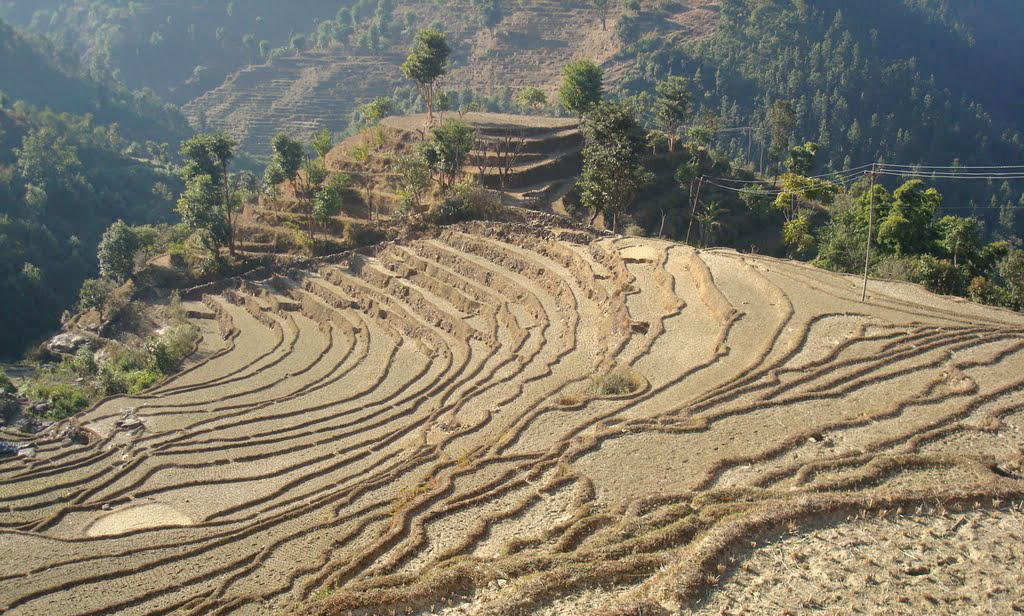Seminar on Green Resources

Dr. Madhav Karki, Executive Director, CGED, Nepal in partnership with ESPA Asia Directorate, ICIMOD, IUCN-Nepal, IWMI, and WWF-Nepal, convened a Research-Policy Dialogue workshop on Payments for Ecosystems Services (PES) in Nepal on 23 April 2017 (Sunday) from 9:00 am to 5:00 pm at Hotel Shangri-La, Kathmandu. The aim of the workshop was to highlight the opportunities and scope for evidence-based both on action research and good practices to engage with and inform the GoN’s PES Policy and action plan. It highlighted the need for a collective research-policy engagement in the country to make effective use of evidence in policy. It called for support long-term and meaningful coordination, collaboration and sharing among stakeholders engaged in PES and PES-related activities in Nepal.
Outlined economic and non-economic costs and benefits of using forest and for non-forest purpose and how this can be assessed and negotiated through the valuation of environmental services before, during and after project development in a given context. Nepal offers some of the good cases in terms of PES instruments being part of infrastructure development in hydropower, freshwater management, and disaster reduction. The policy makers underscored the need for robust evidence base on PES and its timely sharing with the government to help the government understand the pros and cons of PES and ways PES initiatives could be more inclusive and sustainable in Nepal.
Highlighted the need for research programmes like ESPA and other practice-based organizations engaged in PES pilots in the country to collectively synthesize the evidence on PES and share that with the government through sustained dialogue and engagement.
In order to mobilize strong political will on such issues, it is important to have these initiatives and dialogues locally-owned and managed rather than limited to one-off events and parachuting external experts and consultants who have limited experience and understanding of the context and culture, including the policy-making process. Urged the organizers to think this dialogue as a stepping stone towards a long-term process of the research-policy interface on PES issues and ensured of the NPC’s support to any such efforts. The need for science based approach; as an example, periodic national assessment of Nepal’s ecosystem services should be carried out to build a better rationale for PES implementation. Hon Dr. Arzu Rana Deuba, MP; Congratulated the organisers for this timely dialogue given the on-going drafting process of the PES policy. Dr. Rana Deuba also highlighted the need for more gender-inclusive PES policy as women play a big role in the management of natural resources in Nepal. Nepal’s move towards federalism and the upcoming local-level elections provide a strong impetus to such pro-people environment and development mechanisms and PES in Nepal could further empower the resource-dependent poor and marginalized communities especially women. Millions of women in Nepal have contributed in making community forestry a success story in protecting environmental services and they can be befitted through initiatives such as PES, Dr. Rana also launched the ESPA Policy and Practice Brief on PES.
Both Dr. Dinesh Devkota and Dr. Madhav Karki, welcomed the guests and highlighted the role of Nepal’s rich ecosystem goods and services and the need to properly value and conserve them for the prosperity of the people of Nepal and beyond.
